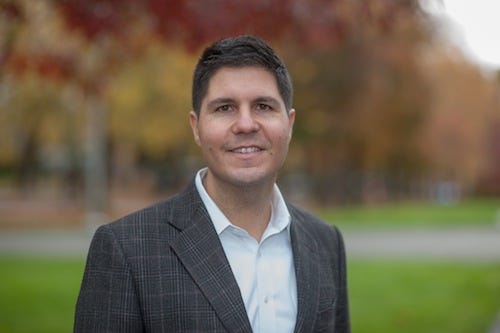Pay attention: 'In the Spirit of Vine Deloria, Jr.: Indigenous Kinship Renewal and Relational Sovereignty'
Galanda: Remove blood quantum, restore kinship, outlaw disenrollment & eliminate per caps to strengthen 'relational' sovereignty.
A new essay by disenrollment-focused lawyer Gabe Galanda suggests tribes have much to do if they want to restore “relational sovereignty” as opposed to neocolonial, individualized, economic-focused practices, such as disenrollment and per capita payments.
The essay is being considered by Fulcrum Books for publicat…
Keep reading with a 7-day free trial
Subscribe to Indigenous Wire to keep reading this post and get 7 days of free access to the full post archives.


